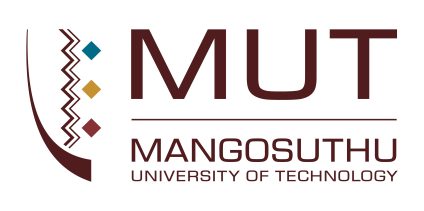
On 1 April 2025, the Identification of Engineering Work Regulation (IoEWR) came into effect in all engineering fields and engineering works in South Africa. IoEWR, or IDoEW, defines which engineering tasks can be performed by individuals registered with the Engineering Council of South Africa and distinguishes the nature of work from one registration category to another.
Anil Lonappan, a Lecturer at the Department of Electrical Engineering who sits on six committees of ECSA (Engineering Council of South Africa), explains that professional registration with ECSA is a mandatory and legal requirement for those involved in any engineering work in South Africa.
ECSA is a signatory to three international accords: the Washington Accord, which recognises the equivalence of accredited engineering degree programmes and allows graduates to have their qualifications acknowledged in other signatory countries; the Sydney Accord, which focuses on the recognition of engineering technology programmes; and the Dublin Accord, which pertains to the recognition of engineering technician qualifications.
Lonappan said the developments will streamline the Engineering profession, make it safe, and increase its accountability levels. “These developments, especially the increasing emphasis on professional registration with ECSA and evolving industry expectations, have direct implications for the engineering curriculum and for students currently in training. Also, as far as the Engineering Curriculum goes, these developments will ensure greater alignment with ECSA standards. Curricula are increasingly outcomes-based, ensuring graduates meet specific exit-level outcomes (ELOs) such as problem-solving, design, professionalism, and communication.
Lonappan also added that the introduction of IoEWR will impact work-integrated learning (WIL). The programmes emphasise practical, real-world experience through internships, industry projects, and site visits. “Students may be expected to complete structured experiential learning before graduating. This will prepare them for the workplace and for future registration,” Lonappan said, adding that there will now be a “stronger focus on ethics and professionalism.
Draft regulations of Identification of IoEWR were given to all the engineering sectors in 2013 to make submissions in the form of suggestions and objections. From November 2024 onward, ECSA initiated nationwide roadshows to consult on the IoEWR framework. On 11 March 2025, the final roadshow was held in East London Engineering. Employers are now reminded to submit their compliance plans by 31 March 2025 to rpsdservices@ecsa.co.za . Lonappan said these plans should contain procedures for ensuring that all engineering work is appropriately identified and ascribed to registered persons. “To ensure a smooth transition, the Council will review the fraternity’s compliance with the submitted plans from 1 April 2025. IoEWR also now affects the people who oversee the planning, design and the delivery of education and training programmes accredited by ECSA, and assessment of students at the engineering exit level at a higher education institution that is established, deemed to be established, or declared as a public or private higher education institution under the applicable Act.
